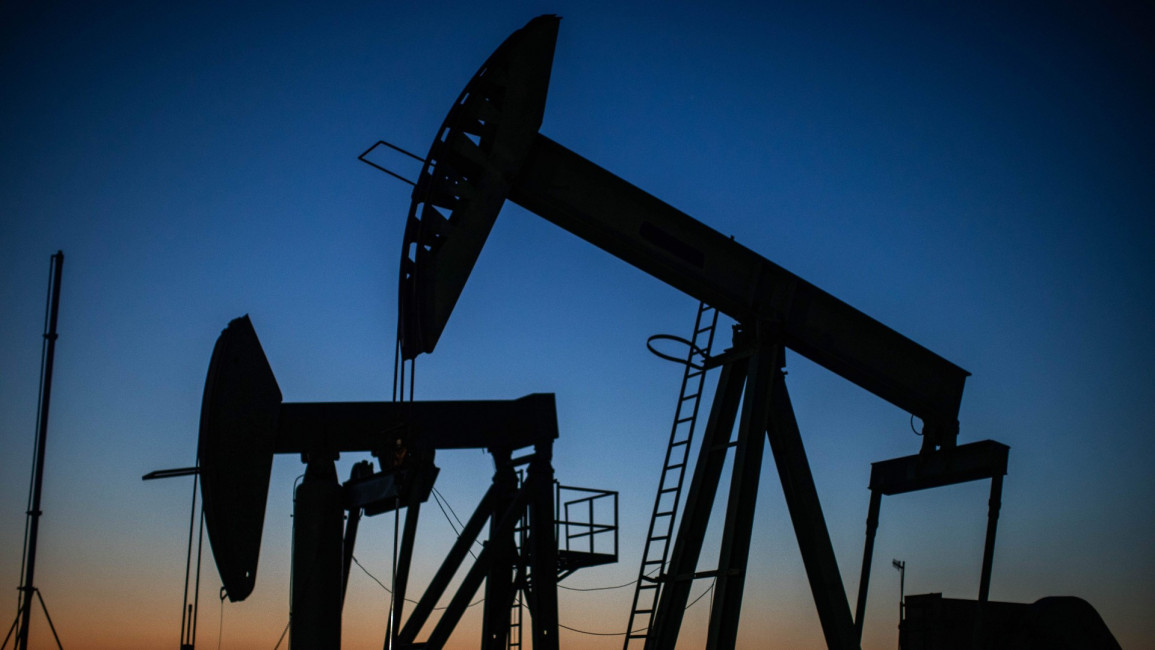Oil sinks more than 5% on fears over virus-hit demand
Oil prices slumped Wednesday, shedding more than five percent as traders fretted that the worsening coronavirus crisis would further slash the world's appetite for crude.
At about 1310 GMT, New York's main contract, West Texas Intermediate crude for delivery in December, was down 5.4 percent to $37.44 per barrel. London's Brent North Sea crude for the same month lost 4.6 percent at $39.32.
"The second wave of Covid has hit and (there is) probably another one to come, with restrictions curtailing movement of people and the shutting down of businesses, impacting rapidly on demand for oil," Alfa Energy chairman John Hall told AFP.
"We also have higher-than-expected stockpile in the US following the recent storms so, overall the industry is not going to get up and running just yet."
Rising inventories in the United States indicate weaker demand in the key crude consuming nation, and therefore tend to push prices lower.
Oil's latest losses meanwhile mirrored a broader sell-off on global stock markets.
European leaders are being forced to revert to strict, economically damaging measures to control the spread of the virus.
"Prices fell as the Covid-19 pandemic is holding strong, registering daily new infection count highs across several countries, causing governments to (reintroduce) strict lockdowns which in turn reduce demand for oil," said Bjornar Tonhaugen, head of oil markets at Rystad Energy.
"News from Europe also helped pull down prices, as both France and Germany are expected to announce new curbs to fight the second wave of Covid-19."
Oil traders are also on tenterhooks ahead of the US presidential election on November 3 between Republican President Donald Trump and his Democratic opponent Joe Biden, who is currently leading at the opinion polls.
"The outlook is further curtailed by the potential result of the US election next week," Hall added.
"To an extent, the industry is fearful of a Biden win, although policies in the short term have yet to be finalised but while Biden is the front runner the market will remain nervous.
"Uncertainty will prevail certainly until the Covid-19 virus is brought under some level of control and that could take us well in to the next year."
Follow us on Facebook, Twitter and Instagram to stay connected



